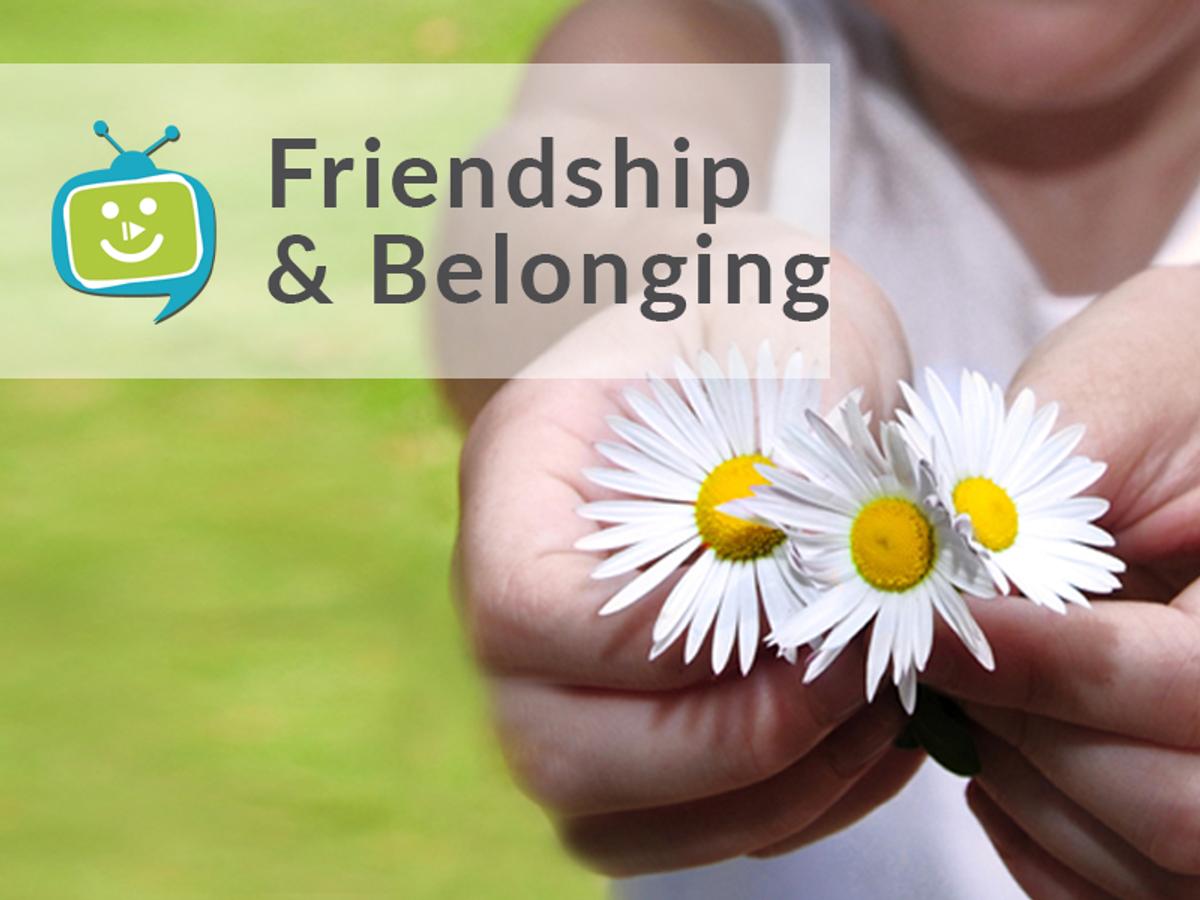Wellbeing Report

Friendship and belonging
Peers become the centre of a teenager’s world, and has a significant impact on their sense of self and wellbeing.
Learning how to make new friends and keep them involves a number of skills every young person needs to understand and develop. For some, these skills will come very naturally, allowing them to easily move between different friendship groups, sharing their experiences and opening up to new people. For others, this can be much harder to navigate, particularly over these past few years, when many of the social interactions have had to be online.
Belonging to a group that is like-minded with similar interests is highly beneficial to a young person’s wellbeing. It gives them a sense of security, helping them feel valued, which in turn builds their confidence.
Positive friendships are an important part of the journey to adulthood. Adult carers can support their child or teenager by providing guidance in the many social and emotional skills required for a healthy relationship. This will help them to obtain, retain and maintain friendships.
However, not all friendship are regarded as positive. Sometimes young people develop negative or toxic friendships. Therefore it is also important for them to learn how to identify, avoid or deal with such a friendship.
SchoolTV, our parent wellbeing website, has valuable insights as to how adult carers can learn to support their young person’s friendship, so that they experience a sense of belonging. Please take some time to have a look at some informative video’s and resources from experts in the field.
Here is the link to the report, as well as many more resources and fact sheets.
https://nazareth.vic.schooltv.me/newsletter/friendship-belonging
Ms Jackie Kol
Director of Wellbeing




